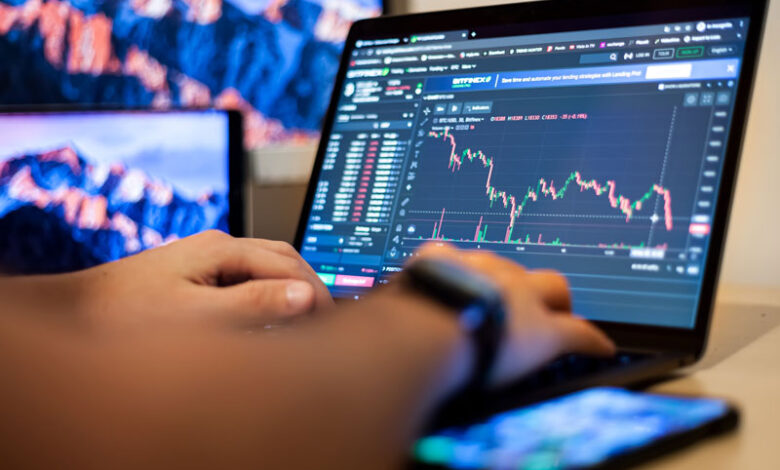What is the Forex Trading?

In the past few decades, market trading has experienced a huge growth in popularity. Since the 2010s, more and more people are becoming increasingly interested in more passive ways of making money. Building a career is all well and good, but many are looking for different side hustles, so to speak. Thanks to the development in information science and computer technology, market trading is made all the easier. This is due to the development of different trading platforms online, which make the whole process a lot easier than it has ever been. These platforms connect prospective stock traders with likeminded people and offer easy to follow and understand tutorials for trading goods.
One of the most popular forms of market exchange today is forex trading. A portmanteau of foreign exchange, this practice refers to exchanging different currencies in an attempt to make a profit from the difference. Forex is legal in most countries around the world, and accepted by many trading platforms such as the best trading platforms in South Africa. In this article, we would like to delve deeper into what forex trading is and what the benefits of the market are.
How Does Forex Trading Work?
As we previously stated, forex trading refers to the practice of exchanging foreign currencies in an attempt to make a profit from the difference. The foreign exchange market is decentralized and global, meaning it isn’t beholden to any one central authority or government, and is available worldwide.
It is the forex market that is responsible for determining foreign exchange rates. To put it plainly, if you have ever travelled abroad and needed to exchange your country’s currency for another’s, you have participated in the Forex market.
The forex market is an essential part of international trade and investing. The existence of this market enables currency conversion, which makes this practice possible. In other words, forex is essential to the existence and propagation of the global economy.
So, the question now becomes, what sets the forex trading market apart from any share, bond or other resource trading market available on the aforementioned trading platforms? In the following section we answer the question of what makes forex trading unique.
What Sets It Apart?
There are a few characteristics that set forex trading apart from other related markets. The first thing is the huge trading volume. The forex market is a market dealing with the largest asset class in the world, money. This means that it has a fantastically high liquidity, which results in quick purchases and not a lot of changes in value.
Another thing that sets forex apart, is that is available worldwide. Due to it dealing with different currencies around the world, forex trading is available to anyone around the world, unlike most stocks, which are usually limited to certain countries. Usually, the forex market pairs up currencies with one another, resulting in easier trading.
The most popular currencies available on the forex market are the American Dollar, the EU Euro, the Japanese Yen, the British Pound Sterling, etc.
Last, but certainly not least, and what most traders find appealing about the market is its 24-hour availability. Due to its decentralized nature, forex can be accessed at any point during the day or night, and is available on weekends and holidays as well.
Is Forex Trading Legal?
Now that we know more about the forex market, the question that remains is “Is forex trading legal?” And the answer, much to the joy of many people reading, is yes. Forex trading is perfectly legal, but make sure you stick to the rules and laws set up by your country when participating in the market. Many traders get too big for their own good, and end up getting arrested and losing everything.
When it comes to foreign exchange around the world, there are certain regulations, restrictions and outright bans in certain countries. In this section, we would like to look over the countries where Forex is heavily restricted or just illegal.
French traders, for example, can trade in the forex market. However, the government has implemented some heavy restrictions, in an attempt to make the practice a bit safer for its citizens. Similarly, the Belgian government has also imposed some regulations that many might consider unfair. For example, in Belgium, forex traders are not allowed to trade OTC forex or CFDs. Binary options are also illegal.
Countries like Canada, India, Japan, China, South Korea etc. have also introduced similar restrictions on forex traders. However, many of these countries still allow foreign exchange trading in their borders. Citizens are simply not allowed to use non-regulated or offshore sites to access their services.
In Israel and Malaysia, however, the practice has been outright banned, and citizens of these two countries are not allowed to trade on the forex market under any circumstance.
Conclusion
Foreign exchange is an interesting practice when it comes to the world of trading. Though certain restrictions exist in certain countries, the practice is mostly legal worldwide, and forex traders exist in almost every country.




